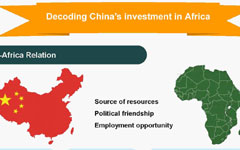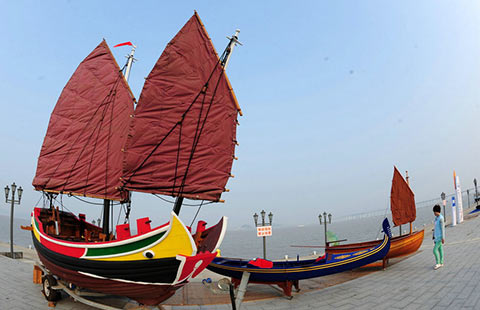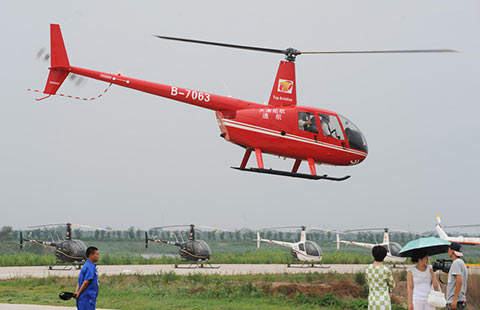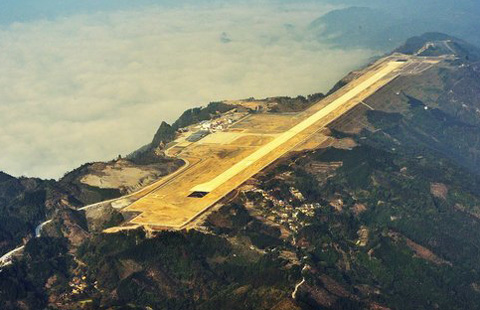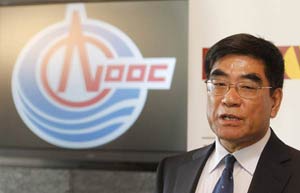Building on a solid foundation
By He Jingtong (China Daily) Updated: 2014-07-14 07:04China's growing demand for resources fits Zambia's sustained economic growth plans
Zambia was the first developing country in southern Africa to establish diplomatic relations with China. Over the years, these good relations have included increasing economic and trade ties. Mining is the country's pillar industry and its development has made Zambia the world's fourth-largest copper exporter and the second-largest cobalt exporter.
As for China, it faces pressure as a result of a shortage of resources, employment pressure and a growing population, and limited domestic market sales channels. In short, China needs overseas resources. As such, developing economic relations between China and Zambia is entirely appropriate to the common interests of both. China is now Zambia's second-largest trading partner.
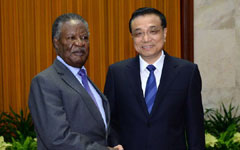 |
In addition, small and medium-sized enterprises from China have started to invest in Zambia in recent years, mainly in brick and cement making, catering services, iron and steel smelting, medical services and wood processing, which in turn have created opportunities for growth and created jobs in the country's domestic infrastructure and services market.
On the outskirts of the capital, Lusaka, is the China Economic and Trade Cooperation Zone, in which Chinese businesses promote economic and trade cooperation between the two countries. It was founded in February 2007 with a planned area of about 17 square kilometers.
The zone is divided into two parks, each of which is aimed at encouraging businesses to go global and allowing them to assist Zambia in building more industrial projects that will help it bolster trade.
Over seven years the park has accumulated investment of $1.24 billion. By the end of last year, total operating revenue was $7.9 billion, and it had created 7,600 jobs for locals. So far 30 companies have settled there. Lusaka International Airport is not far from the park, so it caters to central and southern African markets, focusing on the development of business services, modern agriculture, processing, manufacturing, real estate, and ancillary services. It is positioned as an airport industrial park run on a free trade zone development model.
The park's main asset is its ability to provide businesses with a secure service platform, breaking barriers and helping companies quickly open their markets.
